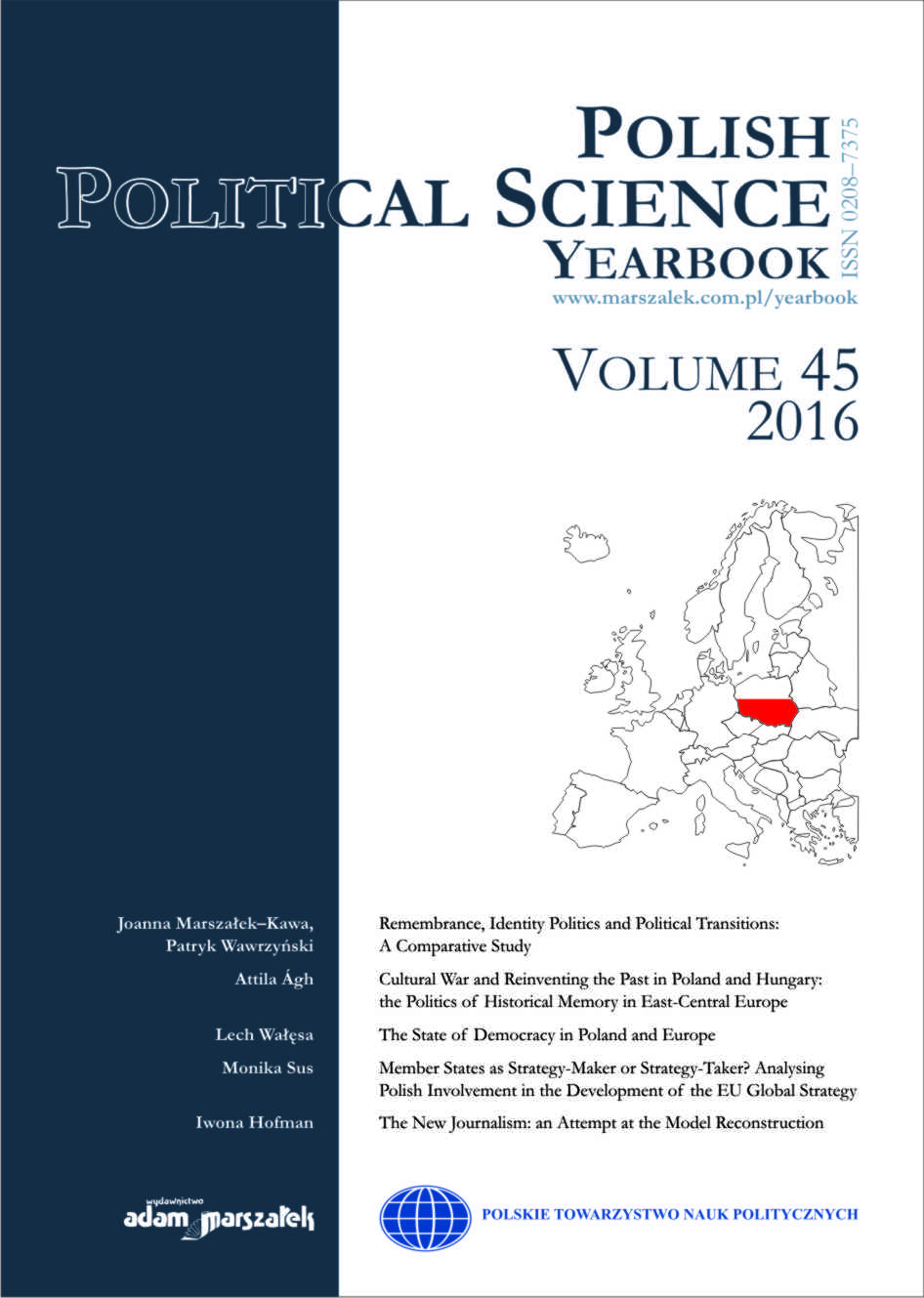The Aristotelian Criticism of the Liberal Foundations of Modern State
The Aristotelian Criticism of the Liberal Foundations of Modern State
Author(s): Marcin GajekSubject(s): Political Philosophy, Political Theory, Governance, Politics and law, Politics and society
Published by: Wydawnictwo Adam Marszałek
Keywords: state; Aristotle; Thomas Hobbes; John Locke; liberalism; republicanism
Summary/Abstract: The paper discusses some fundamental differences between Aristotelian and modern conceptions of the state. It focuses its attention on the early liberal thinkers, such as Thomas Hobbes and John Locke, and contrasts the theory of state developed by them with the classical republican ideal described by Aristotle. As I will demonstrate main differences come down to (1) distinct ideas concerning the state’s origins (and especially human motivations behind establishing the state), (2) divergent convictions about the role of the state and its ethical dimension; and finally (3) different beliefs concerning basic feelings and passions which sustain existence of political community. I argue that on the basis of Stagirite’s philosophy it is possible to question whether civic association described by the precursors of liberal political thought is actually the state. In conclusion, I signalize the problem of serious limitations of contemporary liberal democracies (or even their internal contradictions) resulting from their attempt to follow an ideal of an ideologically neutral state.
Journal: Polish Political Science Yearbook
- Issue Year: 45/2016
- Issue No: 1
- Page Range: 272-287
- Page Count: 17
- Language: English

